Summary
- Doctor Who’s latest chapter, Tales from the TARDIS, revisits the series’ golden years while infusing it with emotional depth and modern touches.
- The show’s abandonment of the “no hanky panky” rule allows for more authentic character dynamics and moments of affection.
- This shift towards emotional openness strengthens Doctor Who’s appeal and marks a significant chapter in the show’s history.
WARNING: This article contains Tales from the TARDIS spoilers.In the ever-evolving landscape of Doctor Who, the iconic British series has taken a recent turn that spotlights its growth from a stringent past. Known for its gallivanting through space and time, the beloved show is breaking down its own historical barriers, particularly one peculiar rule that harkens back to the 1980s.
Per Screen Rant, the latest chapter in the Whovian saga, Tales from the TARDIS, revisits the series’ golden years with a twist, uniting the venerable Doctors and their companions in a recollection of past glories. This nostalgic return is not without a modern touch, courtesy of writers Russell T Davies, Pete McTighe, and Phil Ford, who have gracefully preserved the essence of the original series while infusing it with the emotional depth of its contemporary iterations.
The pivot to emotional resonance is most pointedly realized in new scenes surrounding the omnibus of Earthshock, penned by Davies himself. Here, the Memory TARDIS acts as a vessel more for emotional catharsis than for space-time travel, facilitating a heart-to-heart between the Doctor and Tegan as they process the demise of Adric, a narrative beat scarcely imagined in the show’s earlier format where stiffer upper lips prevailed.
During the 1980s, producer John Nathan-Turner’s tenure was marked by an austere decree: no displays of affection within the TARDIS. Dubbed as the “no hanky panky” mandate, it stretched beyond romantic implications to ban even the simplest of hugs, lest they be misconstrued. This directive cast a chilly pall over the TARDIS, muting the warmth that might have been shared between the Doctor and companions. Davies, with a knowing wink, playfully critiques this through dialogue that bridges the three-decade emotional gap.
It’s through exchanges like the Fifth Doctor‘s quip, “We never really did this sort of thing, did we?” and Tegan’s response, “We do now!” that the series acknowledges its own thaw. This meta-commentary doesn’t just point to a thawing of the ’80s chill; it’s also a tribute to Davies’ contribution to the series’ tonal shift when he revived it in 2005.
RELATED: David Bradley Gives His 10-Year Retrospective on Playing Doctor Who’s First Doctor
How Doctor Who Returns to Its Roots by Abandoning the ‘No Hugging’ Rule
Release Date March 26, 2005
Cast Sylvester McCoy
Genres Action, Adventure, Sci-Fi
Seasons 11
The dissonance of the “no hugging” rule with the show’s history is apparent when considering the early years. William Hartnell’s First Doctor, often characterized as the brusque incarnation, exhibited more physical warmth with his companions than the “nicer” Fifth Doctor. This contradiction underlines the peculiarity of the no-touch rule, making its recent dismissal a restoration of sorts to the character’s roots.
Breaking away from the no-touch rule has undeniably enriched Doctor Who. The character dynamics under Davies’ tutelage blossomed with authenticity, allowing for moments of affection, both platonic and romantic. The impact of these changes is evident when considering the muted reactions to profound losses in the classic series—such as Adric’s death—where a hug could have spoken volumes.
The new Tales from the TARDIS scenes validate the notion that the series gains a more profound emotional layer when it ignores the antiquated barriers of the past. By infusing ‘Doctor Who’ with touches of genuine emotion, the series strengthens its appeal, demonstrating that its heart lies not only in the vastness of its stories but in the subtle, personal exchanges as well.
As Doctor Who prepares to embrace a new audience with its streaming debut on Disney+ this November, it does so unshackled from the constraints that once kept its characters at arm’s length. This transition marks a significant chapter in the show’s history, one that celebrates emotional openness as a virtue, not a vulnerability. The TARDIS, once a cold vessel navigating the cosmos, has truly become a home where emotions are as important as the adventures it embarks upon.
You can view the original article HERE.

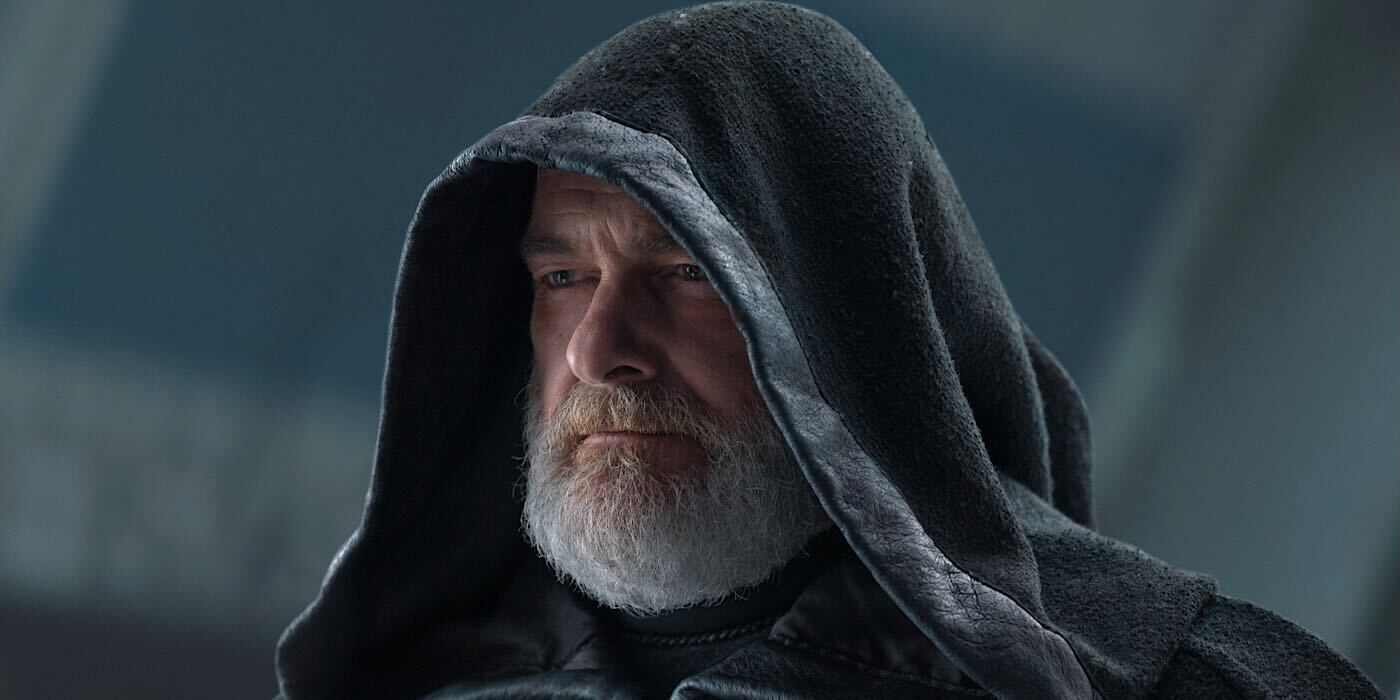




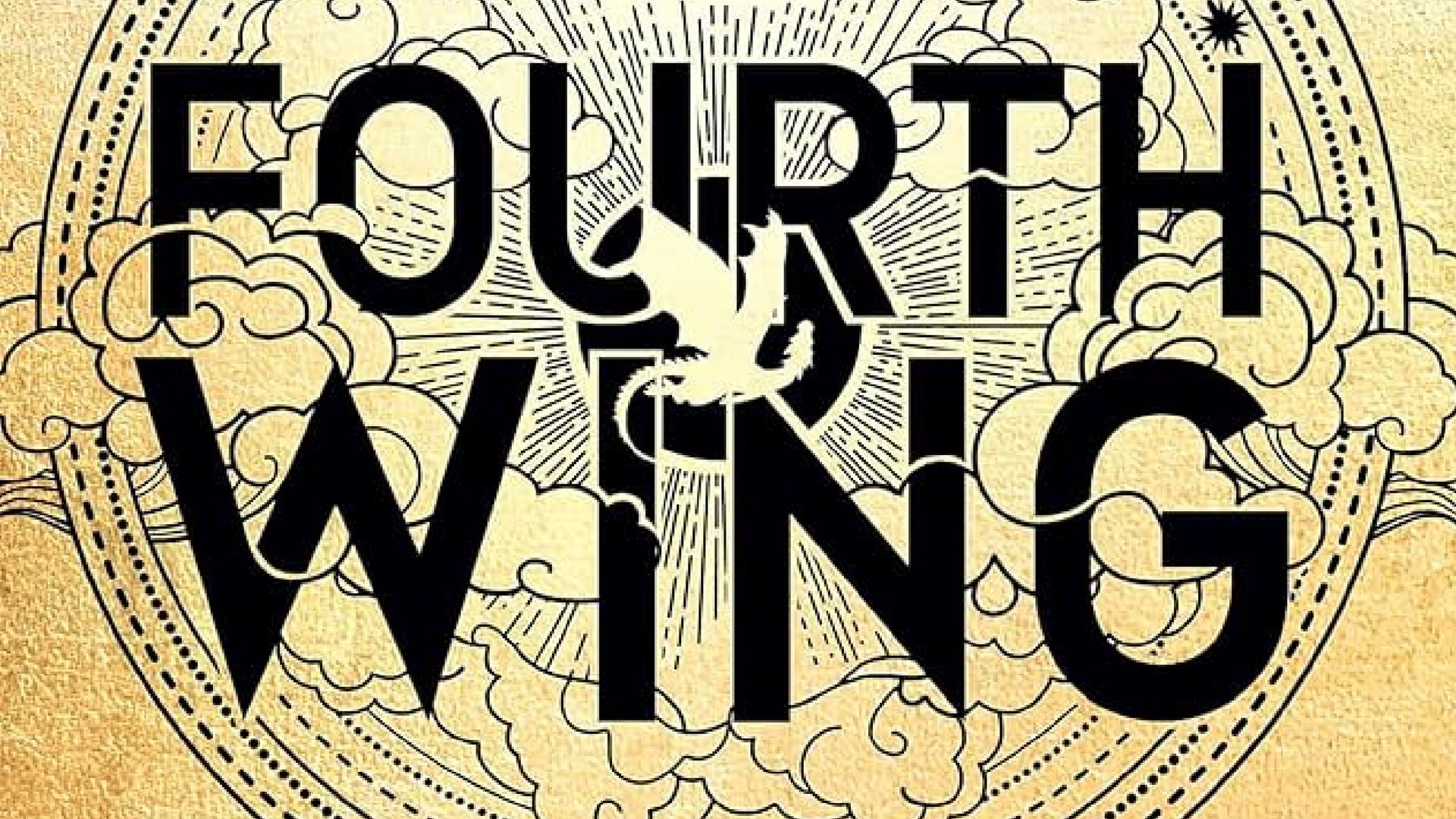

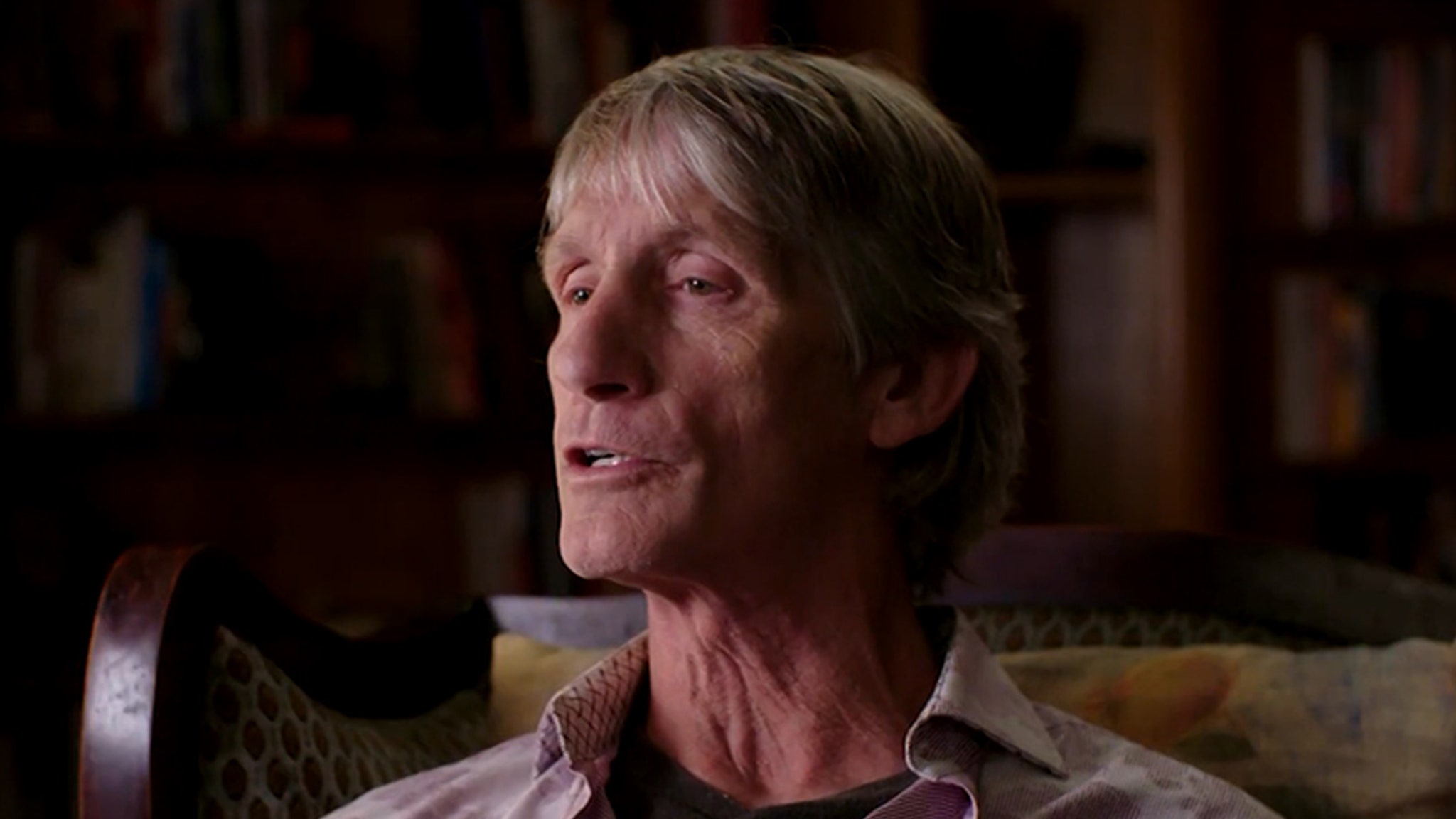




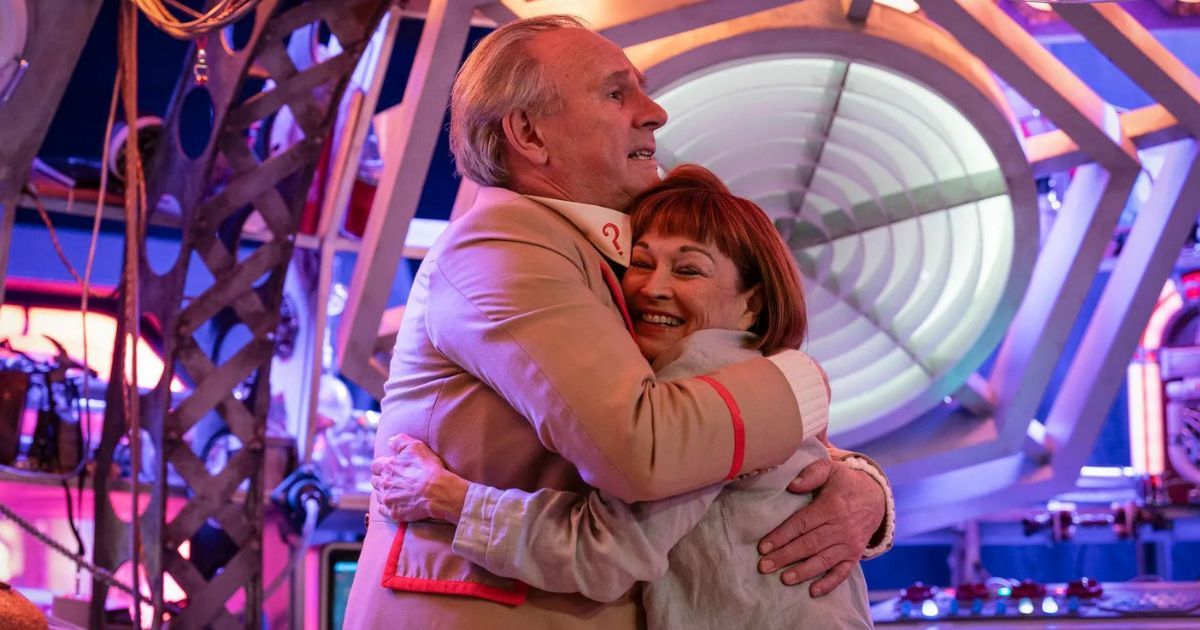
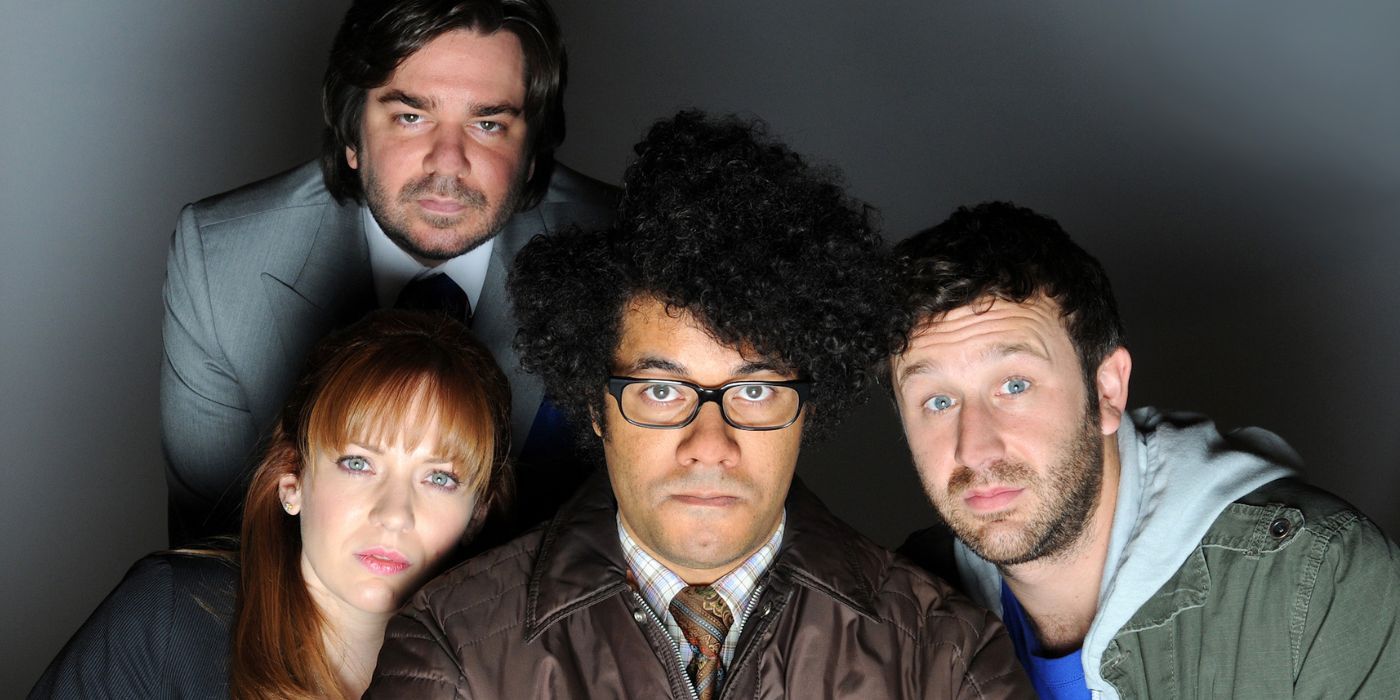
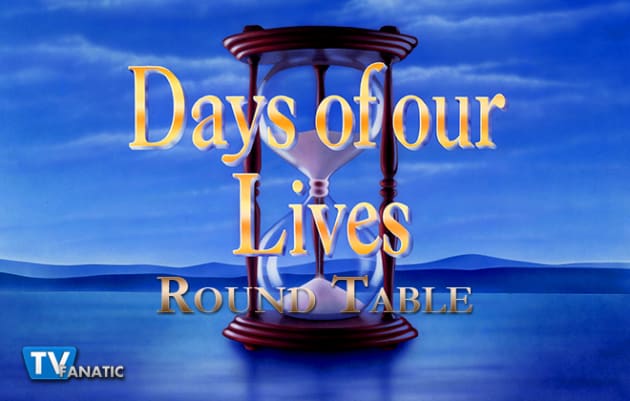
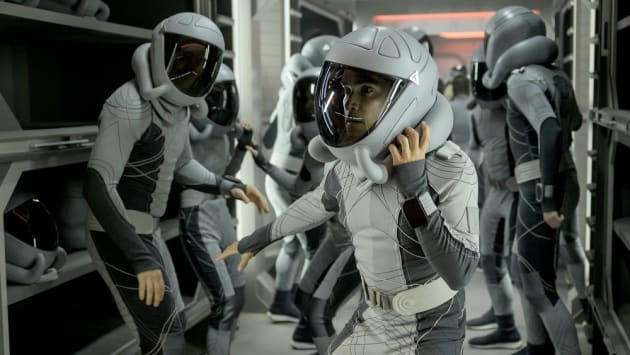
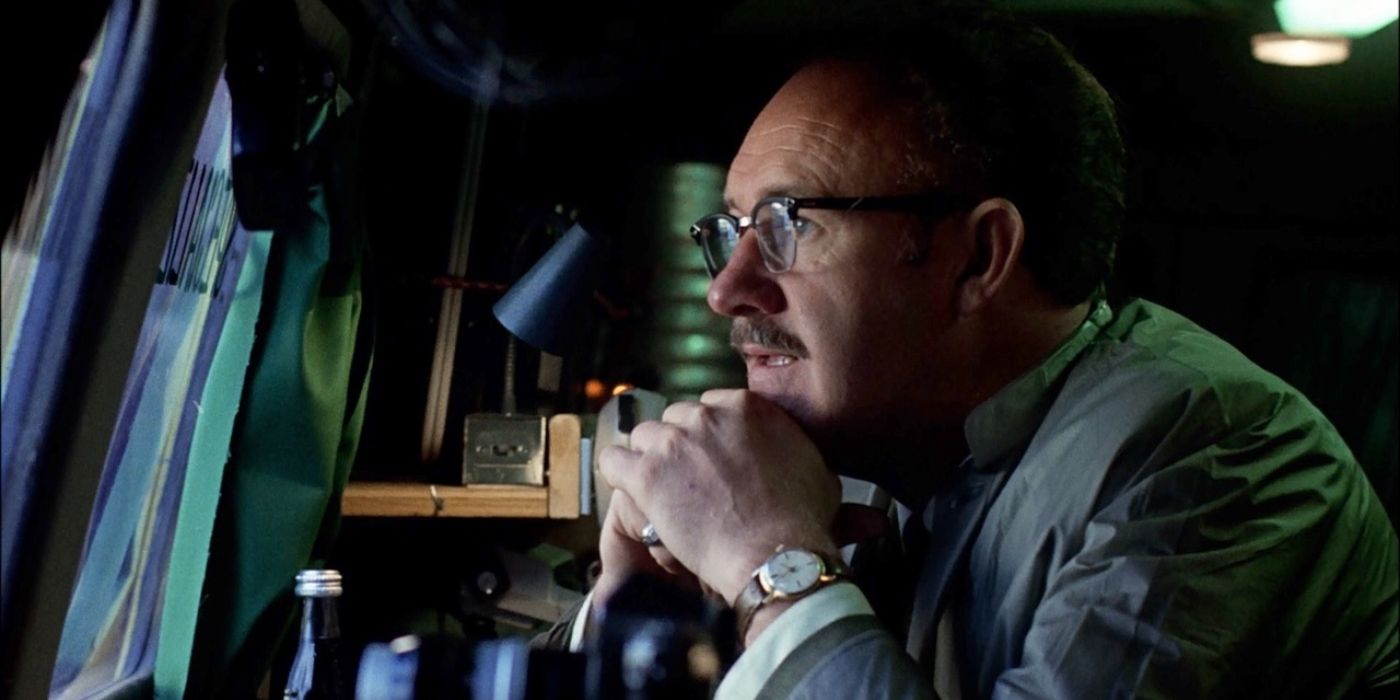
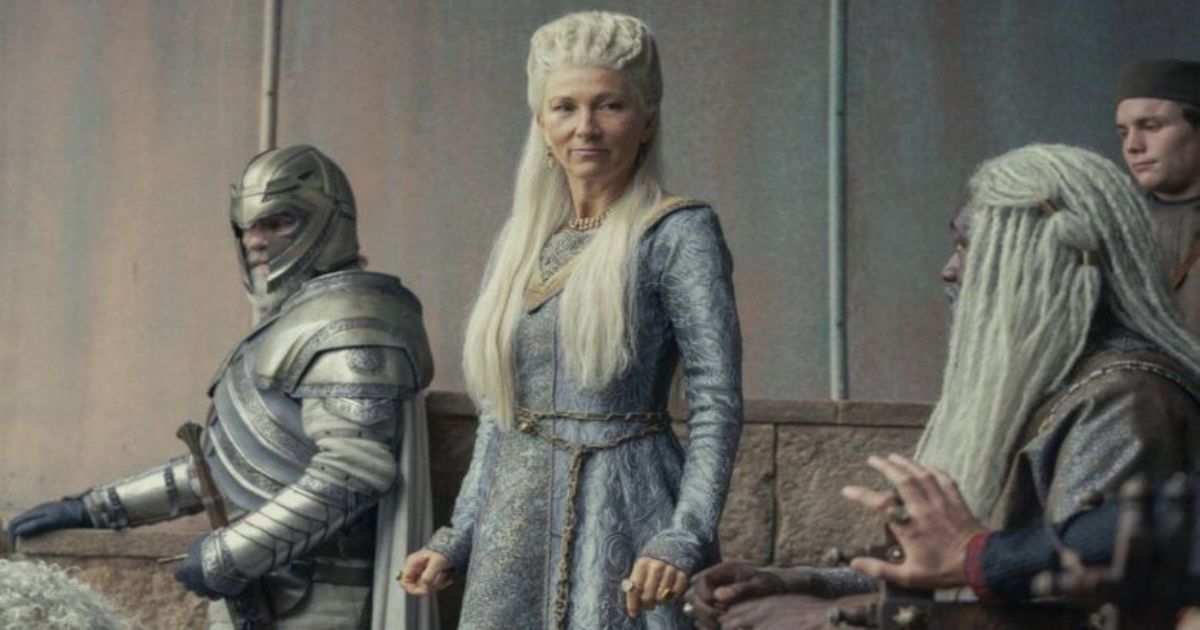

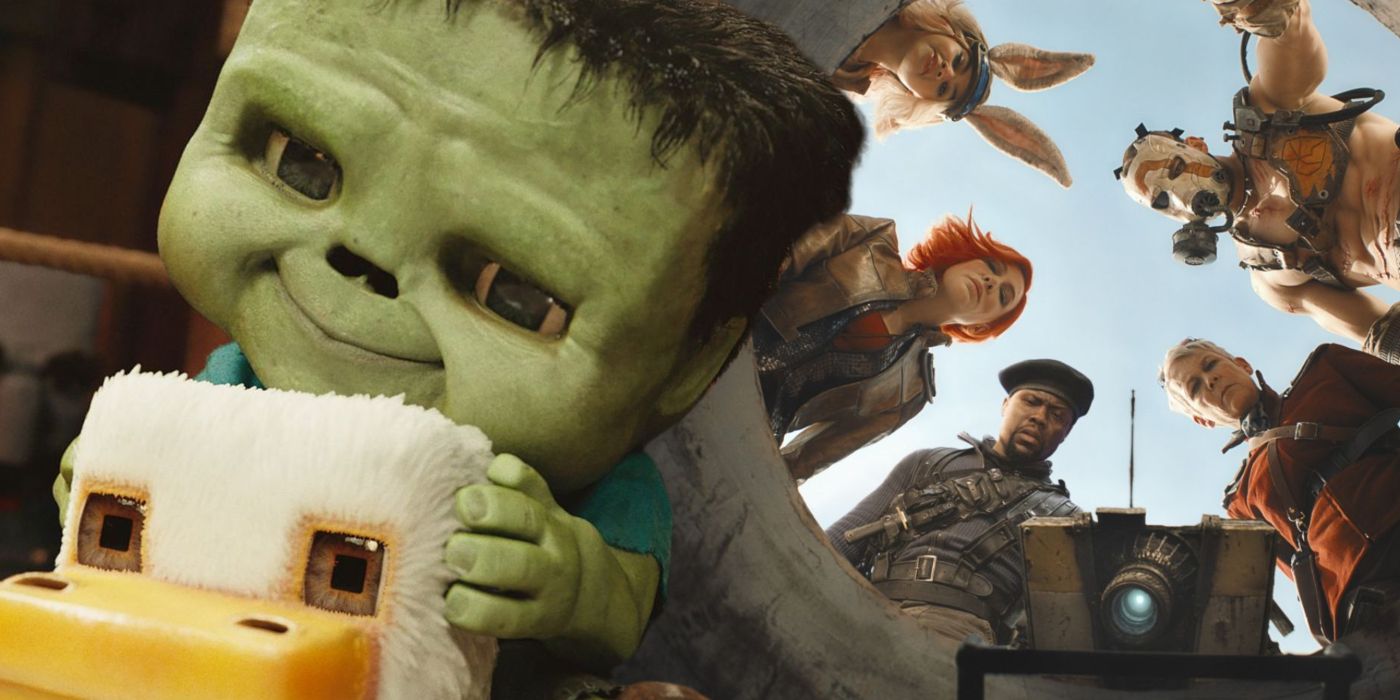







:quality(85):upscale()/2025/04/17/966/n/1922564/69dc205568017c7cad79f2.40744747_.png)

